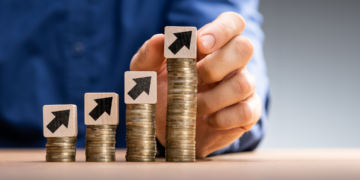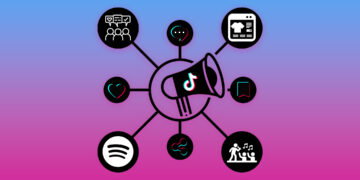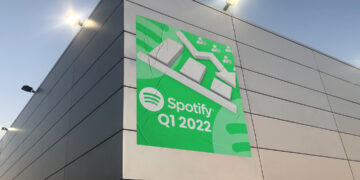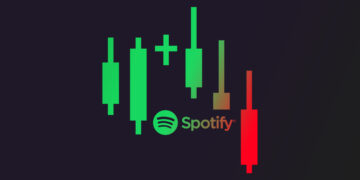The gaming industry is growing more and more important for musicians

- How the music and gaming industries have worked together so far
- Which symbioses are possible in the future
- How musicians can increase their revenue through this
Gaming as a market leader
The days when video games were a niche topic are long gone. On the contrary: Now, the gaming industry is bigger than the music and the film business put together. Film adaptations of video games are no longer a novelty. But the music industry, too, is witnessing the enormous influence of the gaming world. This has now gone way beyond soundtracks or trailers with popular songs in them. In this post, we will talk about what the future holds, how far the symbiosis between gaming and music is going at the moment, and why rap music is playing a big role in particular.
New discoveries
According to MRC Data, 28% of Gen-Z music consumers discover new music through video games. These games are thus becoming an increasingly important medium for musicians not only through lucrative deals, but also as an extremely relevant promotional tool. Record labels are therefore striving for a good relationship with gaming publishers. That can far transcend the simple inclusion of a song in a game’s soundtrack.
Collaborations
The most prominent example for such a mammoth collaboration are probably the Fortnite live events. As part of the so-called Rift Tour, there have been interactive concerts with Travis Scott, Ariana Grande, and J Balvin. Way back in the day, placements in games like GTA, Tony Hawk’s or Guitar Hero were already able to give popular songs an enormous boost. In recent years, Eminem’s “Survival” was used for the trailer for “Call of Duty: Ghosts” and had a corresponding music video to go with it. The single went platinum in the US.
Monetization
While the music industry has almost entirely switched over to streaming in the past years, so-called free-to-play models have long been established in the gaming world. Loot boxes, battle passes, and other in-game purchases are a significantly longer lasting monetization model than a one-time purchasing price. The music industry is, therefore, also moving more and more in this direction – even Twitch, a platform originally created for gaming, is now being used by countless musicians. The readiness of fans to support and pay their favorite artists is growing. According to YouGov, 43% of Americans are willing to pay for a concert livestream.
The role of hip hop
Rap artists are some of the smartest and most progressive marketers in the industry. No other genre is so in step with and has such an influence on the zeitgeist as rap. This is not even necessarily due to the culture but more so the fanbase that is young, hungry, and ready for progress. Studies by Midia Research have shown that hip hop fans are especially indulgent in their passion, happy to spend money on merch, streams, and also in-game purchases, for example during the Fortnite concert events. In the future of these new business models, this could play an increasingly important role.
The future
What developments are coming in the future are hardly foreseeable. Some companies, including virtual reality market leader Facebook, are working on a so-called metaverse, for instance – an entirely digital hub world where users can practically do anything they want. The implementation of music offers unlimited opportunities in this area. This could open the door even to smaller artists, since so far, the video games, usually multi-million dollar productions, have only focused on already popular and well-established acts. New technologies like NFTs are already offering a small taste of the different possibilities and could play a big role in the metaverse.
Conclusion
The future might be uncertain but it’s certainly exciting. The music and gaming industries are entering into increasingly closer partnerships, new technologies are opening the doors for innovative ways of consumption and monetization models. Young fans in particular are ready to take this step forward. That should not only prove interesting culturally but also rather lucrative for both industries. What some of the drawbacks might be remains to be seen over the next few years.











